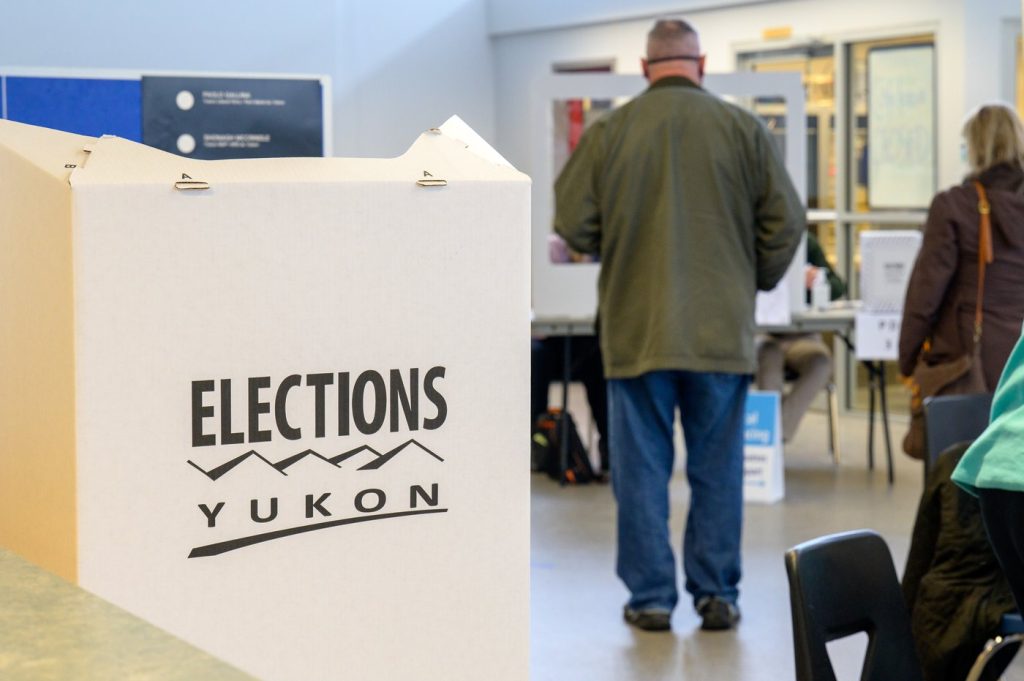WHITEHORSE – Yukon residents headed to the polls today for a significant territorial election, where voters are also being asked to weigh in on potential electoral reform options. This election is particularly crucial as it marks the first major electoral challenge for Premier Mike Pemberton, who was elected leader of the Yukon Liberals in June. The Liberals are currently a minority government, holding eight out of 19 seats in the Yukon legislature, and they have been governing in collaboration with the three New Democratic Party (NDP) representatives.
This election features a new structure, as it is the first with 21 electoral ridings following the redrawing of boundary lines. Despite the increased number of ridings, the Yukon Liberals faced challenges in fielding candidates, managing to nominate only 18 candidates compared to the full slates presented by the NDP and the opposition Yukon Party. The lack of a full candidate slate may impact the Liberals' ability to regain a majority in the legislature.
Notably, the election could also result in a historic occasion, as either NDP Leader Kate White or Yukon Party Leader Currie Dixon would become the first Yukon-born premier in the territory's history if their respective parties were to form the government.
In addition to selecting their representatives, Yukon voters are also participating in a non-binding plebiscite concerning electoral reform. They are being asked whether they support transitioning from the existing first-past-the-post voting system to a ranked ballot system. This reflects ongoing conversations within Yukon society about enhancing the democratic process and ensuring that voters' preferences are more accurately represented in election outcomes.
During the month-long election campaign, several pivotal issues have dominated discussions among candidates and voters alike. Key areas of focus include health care, housing, and economic development. Both the Liberals and their opponents have made various promises aimed at addressing these challenges. Among the proposals are expansions of hospital services and the introduction of funding initiatives for post-secondary education aimed at health-care and education workers who commit to staying in the territory after graduation.
This report provides a comprehensive overview of the election dynamics within Yukon and highlights the broader implications of voter choices on the territory's governance and electoral systems. As the results unfold throughout the day, all eyes will be on Whitehorse to see how Yukoners exercise their democratic rights in shaping their political landscape.











